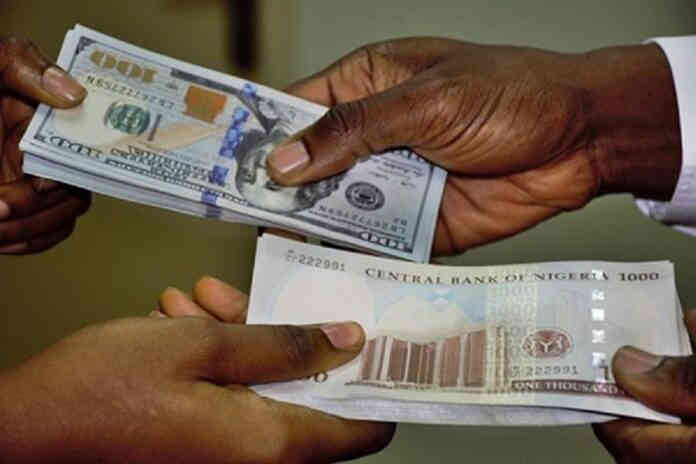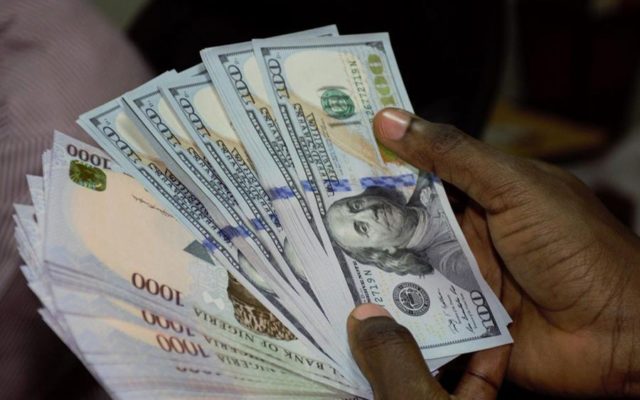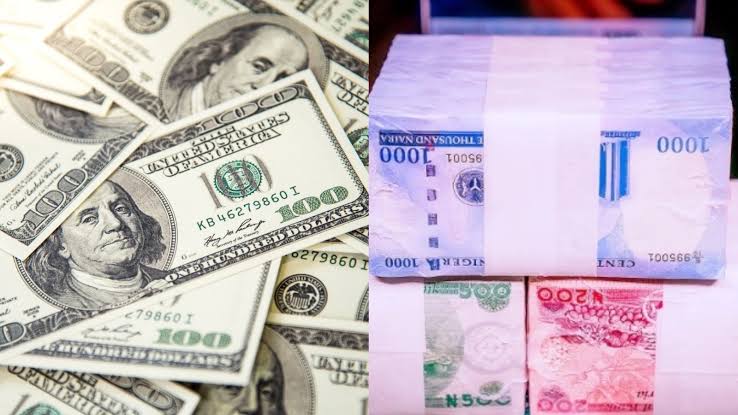The Nigerian Naira has taken a worrying plunge, hitting new lows in both the Investors and Exporters (I & E) exchange window and the parallel market. In the latest reports, the Naira has depreciated even further, trading at N780 to the US Dollar on the I & E window and a staggering N960 to the Dollar on the black market as of Monday, September 18, 2023.
This continued depreciation of the Naira has set off alarm bells among economists, policymakers, and the general public. The repercussions of this unsettling trend extend across Nigeria’s economy, trade, and the daily lives of its citizens.
The I & E Window: Naira to Dollar Official Rates in Decline
The Investors and Exporters (I & E) window holds a pivotal position in Nigeria’s foreign exchange market, where official rates are determined. The Naira’s decline to N780/$1 in this window underscores the profound challenges confronting the Nigerian economy. These challenges include dwindling foreign exchange reserves, reduced oil revenue, and growing economic uncertainties.
The Parallel Market Dollar to Naira: A Dire Situation
However, on the parallel market, the situation is even more dire, with the Naira exchanging at N960 to the US Dollar. This unofficial market often operates beyond the reach of regulatory authorities, making it vulnerable to speculative activities and rapid fluctuations.
Read Also Adeleke Breaks Silence as He Narrowly Escapes Plane Crash at Lagos Airport
Several factors have contributed to the ongoing depreciation of the Naira. Foremost among them is Nigeria’s heavy reliance on oil exports for revenue. The volatility of global oil prices directly impacts the country’s foreign exchange earnings, and recent turbulence in the international oil market has intensified Nigeria’s economic woes.
Moreover, the scarcity of foreign exchange has led to a backlog of unmet demand for dollars. This has driven individuals and businesses to the parallel market in search of foreign currency, exerting added pressure on the Naira’s value.
The Central Bank of Nigeria (CBN) has implemented various measures to stabilize the exchange rate, including periodic interventions in the foreign exchange market. However, these efforts have yet to produce significant results in halting the Naira’s decline.
The implications of the Naira’s depreciation are profound. It erodes the purchasing power of Nigerians, causing the cost of imported goods to skyrocket and inflation to surge. Businesses relying on imported inputs are grappling with higher production costs, potentially leading to job losses.
Furthermore, foreign investors may grow hesitant to invest in Nigeria, and existing investors may reconsider their positions due to the exchange rate uncertainty.
In conclusion, the Naira’s depreciation to N780/$1 on the I & E window and N960/$1 on the parallel market is a matter of grave concern for Nigeria’s economy and its citizens. Immediate and coordinated actions are imperative to address the root causes of this issue and stabilize the exchange rate.
A united effort involving the government, the Central Bank, and stakeholders is urgently needed to safeguard the country’s economic stability and the well-being of its people. The situation demands a comprehensive and sustainable solution to steer Nigeria away from the economic challenges posed by this Naira depreciation.




